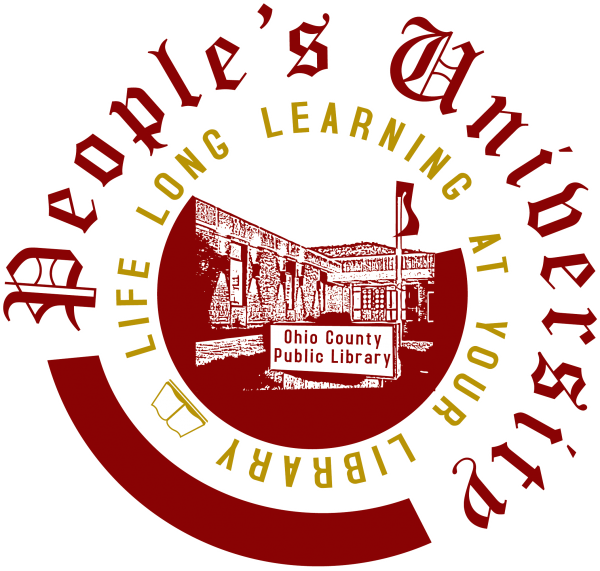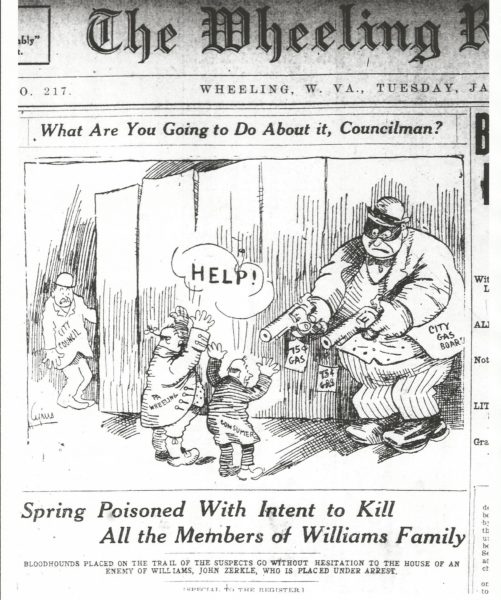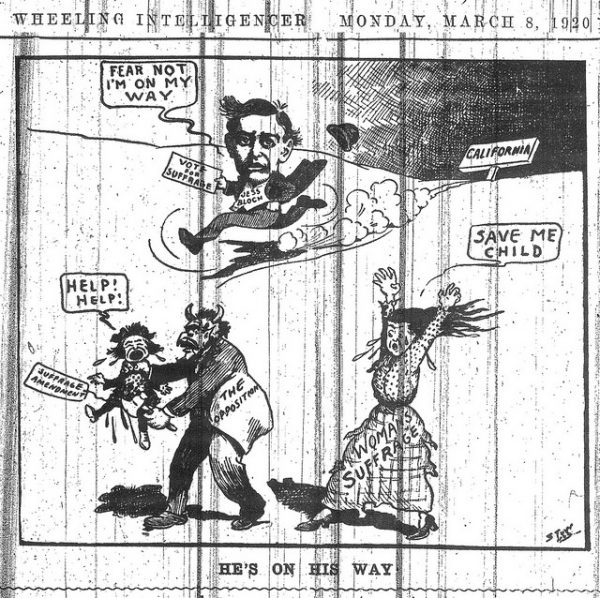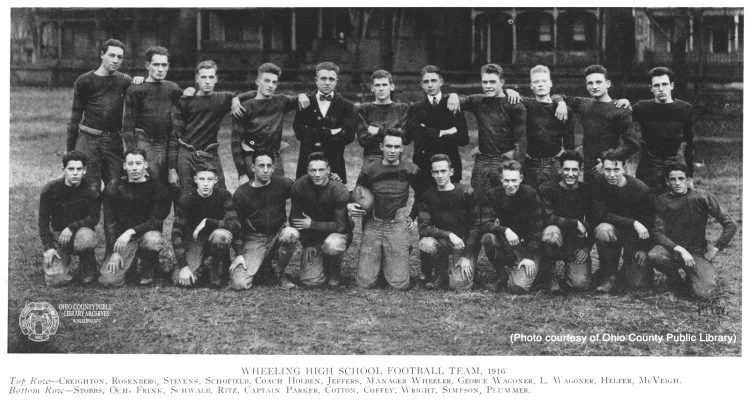 Editor’s note: The Ohio County Public Library has launched its 26th People’s University, an eight-week series featuring weird, wild, wacky, whimsical stories from Wheeling, including: Native-American oddities, frontier follies, Civil War conundrums, Victorian unconventionalities, Progressive Era incongruities, political peculiarities, hotel hijinks, morbid mysteries and more! Let Weelunk give you just a little insight into these programs — but don’t miss the expanded presentations at the library! Today, we read what to expect in Week Three of the series, 7 p.m. Tuesday, April 23.
Editor’s note: The Ohio County Public Library has launched its 26th People’s University, an eight-week series featuring weird, wild, wacky, whimsical stories from Wheeling, including: Native-American oddities, frontier follies, Civil War conundrums, Victorian unconventionalities, Progressive Era incongruities, political peculiarities, hotel hijinks, morbid mysteries and more! Let Weelunk give you just a little insight into these programs — but don’t miss the expanded presentations at the library! Today, we read what to expect in Week Three of the series, 7 p.m. Tuesday, April 23.
Here is a sampling.
• Why were gas utility prices so high and unreliable in the first decade of the 20th century? Many alleged this was the result of corruption within city government. At the time, city council had two branches (one with 16 members and another with 28). Many asked if it were not time to streamline and reform city government.
 • Many residents drank in local saloons as part of their working class cultures, but more practically because of a concern about the lack of filtrated water. The city Health Department only started taking bacterial cultures in 1908. This helped explain frequent outbreaks of typhoid fever. Was this also caused by the high volume of dry vaults (2,303 in 1913) spread throughout the city?
• Many residents drank in local saloons as part of their working class cultures, but more practically because of a concern about the lack of filtrated water. The city Health Department only started taking bacterial cultures in 1908. This helped explain frequent outbreaks of typhoid fever. Was this also caused by the high volume of dry vaults (2,303 in 1913) spread throughout the city?
• The early 20th century witnessed a more urban night life, and reformers worried about the new dance crazes popular among teenagers. Wheeling Park in 1913 went so far as to ban several “scandalous dances” that summer including the “Texas Tommy, the Bruin Drag, the Bunny Hug, the Chicken Glide and other forms of the art divine.” Why were they so concerned about dancing when there were so many other urban problems to address?
• Many local women were quite active in a number of reform campaigns, including women’s suffrage. They actively lobbied state legislators, including State Senator Jesse Bloch. Why did he make a cross-country dash back to Charleston in early 1920?
 • Wheeling daily newspapers at the time were full of “local color” stories about the immigrant experience. Often these stories tended to focus on the wild and the bizarre. Stories such as “Lack of Harmony on Harmony Hill,” a group of Polish steelworkers returning from the mill and deciding to pelt each other with stones, numerous street fights and the dangers of an Italian Black Hand assassination school were common. What did these stories suggest about local fears of new immigrants?
• Wheeling daily newspapers at the time were full of “local color” stories about the immigrant experience. Often these stories tended to focus on the wild and the bizarre. Stories such as “Lack of Harmony on Harmony Hill,” a group of Polish steelworkers returning from the mill and deciding to pelt each other with stones, numerous street fights and the dangers of an Italian Black Hand assassination school were common. What did these stories suggest about local fears of new immigrants?
• Wheeling saw much illegal activity during the height of Prohibition in the 1920s. Many blamed the problem on the region’s immigrant population. Their flaunting of the law came at the same time as the revival of the Ku Klux Klan in the region. Why did the Klan try to hold a July 4th celebration at Wheeling Island at this time and how might it be connected to the rampant violations of the Volstead Act?
• The early 20th century witnessed the emergence of the region’s high school football craze. Coaches increasingly drew on the children of immigrant families. Teams like Benwood Union and Wheeling High won several state championships. Star players like Benwood Union’s 1928 QB Dick Matesic and Triadelphia’s halfback Tommy Symansic emerged as star athletes whose exploits altered the popularity of the sport in the valley. Why were these teams so successful and how did their style of play compare to today?
• Coal miners living in Elm Grove, Triadelphia and Warwood, desperate and tired of their living conditions by the start of the Great Depression, sought support from the UMWA but also from its rival the National Miners Union (NMU) affiliated with the Communist Party. A region-wide strike ripped through the area’s coalfields during the summer of 1931. Mine guards shot at strikers and Communist organizers, bombs erupted, and state police used tear gas on large “mobs.” Why were conditions so bad that miners felt it was reasonable to support the NMU?
• Hal Gorby, Ph.D., is a teaching assistant professor and director of undergraduate advising in the Department of History at West Virginia University.



